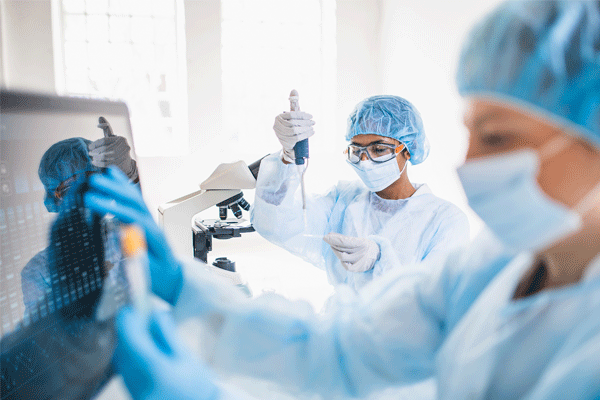
Image credit: shutterstock
In a boost to regenerative therapies for damaged hearts and eyes, Duke-NUS in Singapore has licensed two laminin-related patents to Sweden-based biotech startup Alder Therapeutics to enhance the development of Alder’s retinal and cardiac cell therapeutic products.
Both licenses originated from discoveries made by Professor Karl Tryggvason from Duke-NUS’ Cardiovascular and Metabolic Disorders Programme, who discovered that this family of proteins can direct stem cell differentiation.
One of the two inventions being advanced to clinical application by Alder is based on the retinal cell research led by Assistant Professor Tay Hwee Goon from Duke-NUS’ Centre for Vision Research. With the ability to produce two previously unavailable retina-specific laminins—LN-523 and LN-323—the team has developed a method to influence human embryonic stem cells to differentiate into photoreceptors, presenting an effective treatment option that may benefit patients who have lost their vision due to retinal degeneration. When engrafted, the team demonstrated that these cells prevented further damage to the retina and improved visual function in preclinical studies.
The other technology licensed to Alder for therapeutic development is a novel protocol to generate heart muscle precursors, called cardiomyocyte progenitors, from human embryonic stem cells. Led by Assistant Professor Lynn Yap from Duke-NUS’ Cardiovascular and Metabolic Disorders Programme, the team can generate these precursors from human embryonic stem cells in 9 to 11 days using laminin LN-221, a protein that is abundantly present in heart muscles. In preclinical tests, the team observed an increase in heart function and lack of tumour formation, paving the way for a safe and effective way to regenerate human heart muscle.




